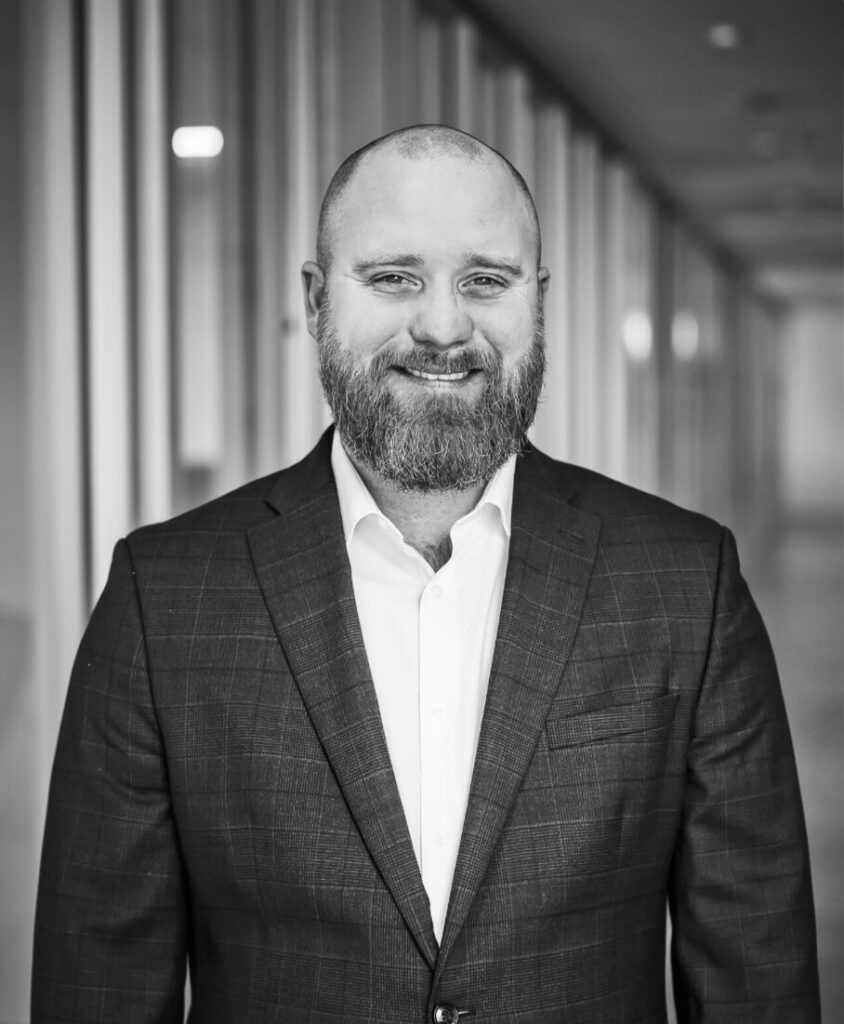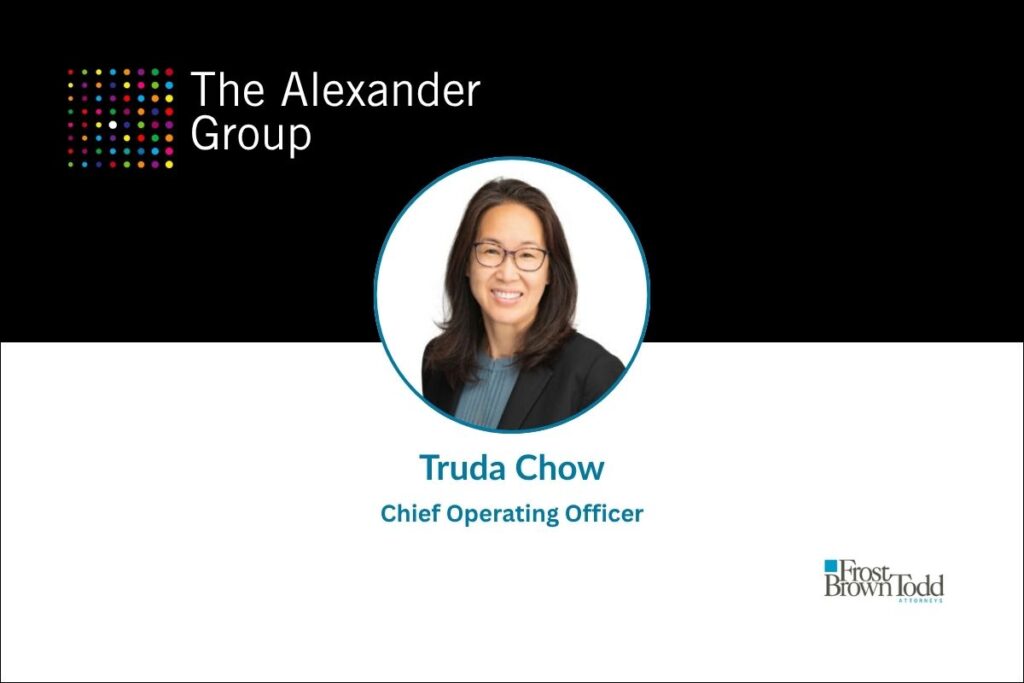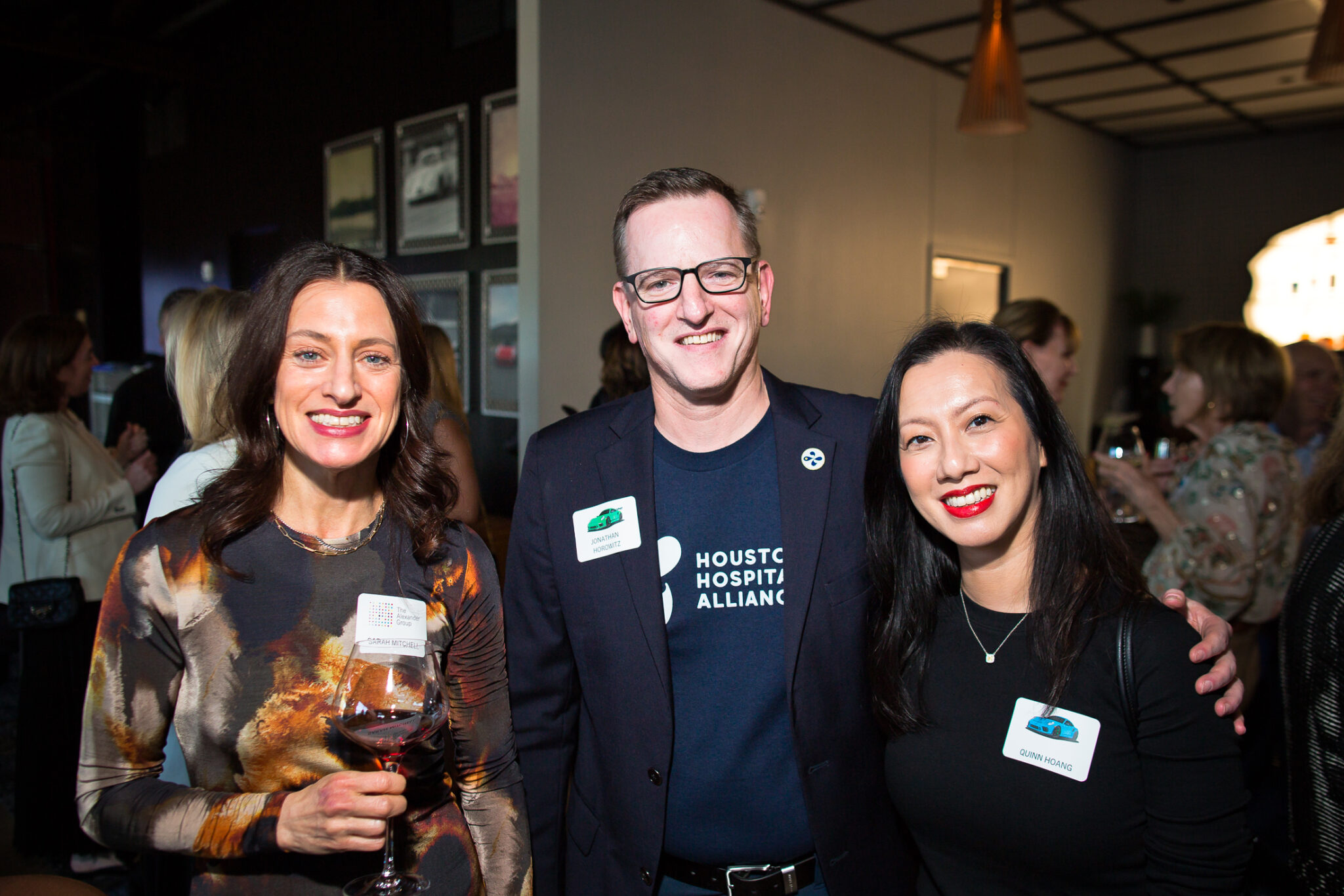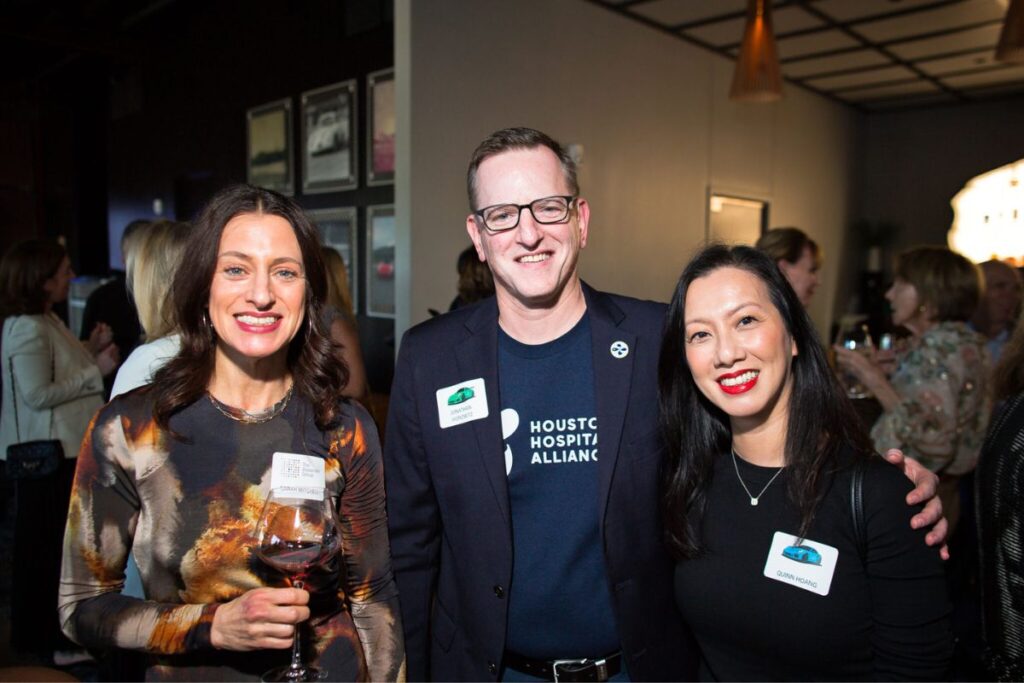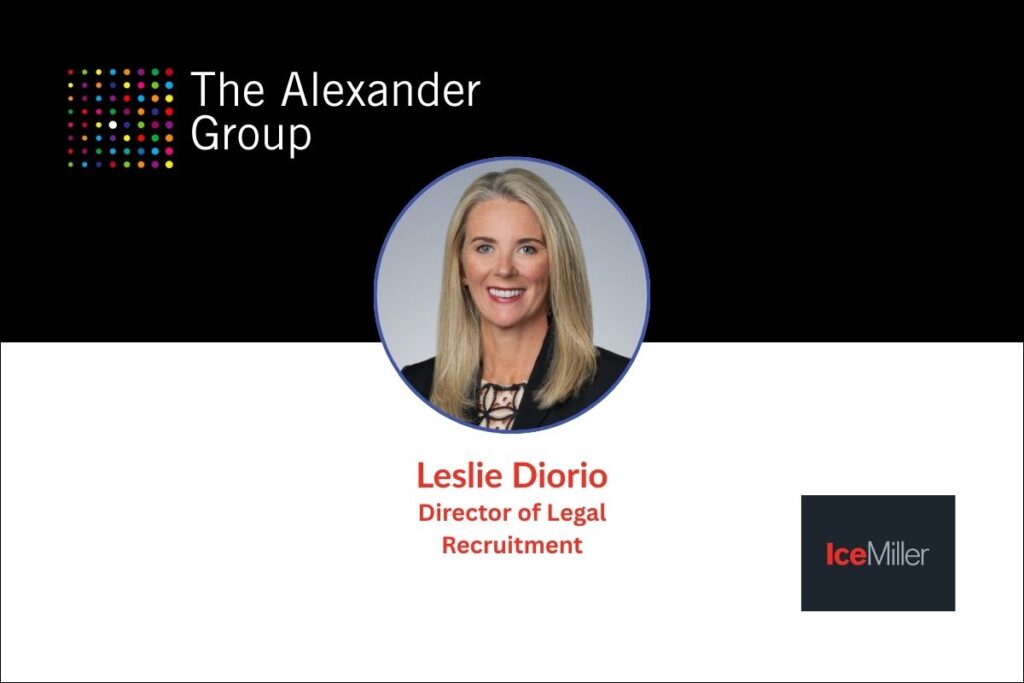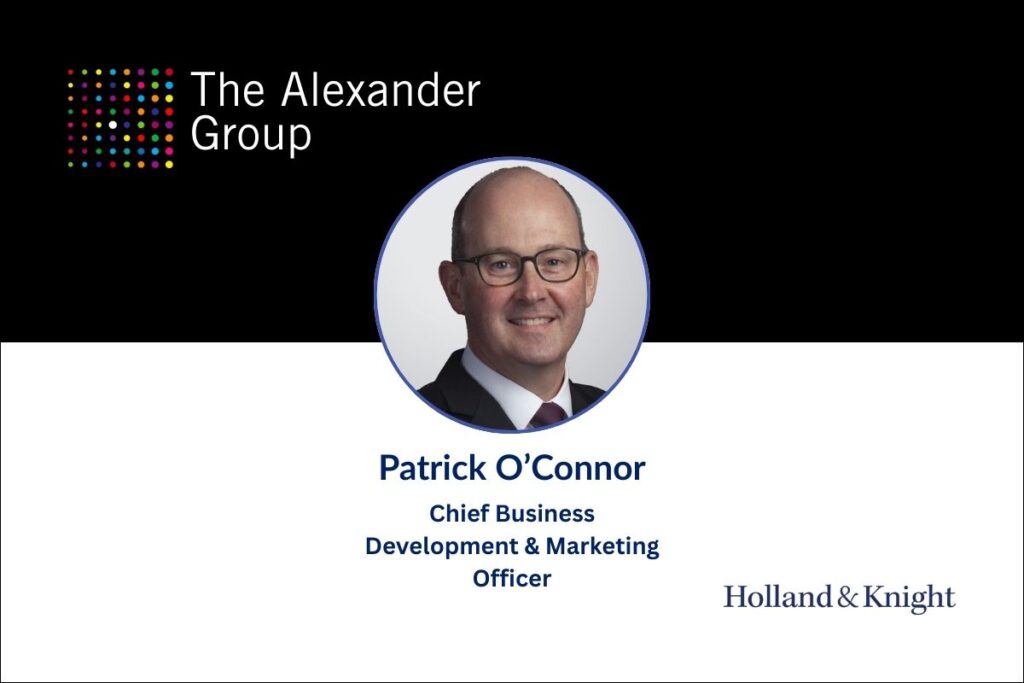
Historically, the CIO role in law firms has required an innovative strategist with an ironclad technology background to drive success. However, as law firms and client needs continue to evolve in the wake of artificial intelligence and client needs and expectations, so does the legal CIO role.
The Evolving Responsibilities of the CIO Role in Law Firms
A 2023 survey conducted by CIO Magazine reported that 47 percent of technology executives said security management and improving IT operations and systems performance were their top two responsibilities. Tasks such as business innovation, identifying competitive differentiation opportunities and business strategy were at the low end of the to-do list.
Fast-forward two years, and CIO feedback is changing along with expectations. CIO Magazine reports that the same technology leaders see driving business innovation as a top priority.
The surveyed CIOs said increased levels of business-focused strategic responsibilities will become part of their daily agenda, with technological emphasis being handed to other tech professionals within the firm.
It’s a sentiment echoed by The Alexander Group’s coterie of managing directors and directors, who have conducted dozens of CIO searches for law firm clients over the past four decades. We know the specific needs of law firm clients seeking forward-thinking CIOs who cover the tech infrastructure and bring leadership, communication, and innovative thinking to the table.
What will the expanded role of the law firm CIO look like in 2025, 2026, and beyond? Our team weighs in on this evolving role’s position requirements and responsibilities.
Insights from The Alexander Group on Law Firm CIOs
As the CIO role in law firms expands, so does the skill set required to excel. Today’s legal CIOs are expected to be more than just tech-savvy—they are strategic leaders, collaborators, and innovators. Here, The Alexander Group’s seasoned managing directors and directors share their perspectives on the essential qualities and evolving responsibilities that today’s top law firm CIOs must bring to the table.
“Today’s CIO possesses a combination of technical expertise and strategic leadership. They have become client-facing and seek ways to enhance the client and lawyer/employeeexperience.
Clients and lawyers are demanding innovative and cost-efficient technology solutions. Artificial Intelligence continues to dominate potential technology solutions, and although it’s in its infancy, it will certainly increase and automate various billable activities. However, it poses many challenges around ethics, security, and compliance.”
John Lamar, Managing Director, The Alexander Group
“Just as law firm marketing has evolved into strategic business development, so has information technology. Now, stemming from IT roots, you will find chief innovation officers, chief security/data security officers, and chief knowledge management officers roles. All of these require an understanding of technology, both firm-side and that of their clients.
That said, IT infrastructure and support are table stakes. The CIO role and these newer, evolved roles begin with understanding business and client relationships, actively collaborating with clients, and finding ways to make those client relationships sticky.”
Amanda Brady, Managing Director/Chief Client Officer, The Alexander Group
“In the past, CIOs were primarily concerned with the network and infrastructure side of technology, but that has changed considerably. Many firms now understand the applications, various databases, and ease of use by all constituents is a much more valuable set of skills.
The amount of data collected by law firms is huge, and this, coupled with cross-level cyber security and AI, means that a top-flight CIO has to have extraordinary technical skills and understand what solutions may help lawyers in the practice of law and business professionals run the operations of the firm.
The entire landscape is considerably more complex. An effective CIO must also be a strong teammate to other chiefs and an excellent manager of people who are perhaps not as blessed with good communication skills.”
Sally King, Managing Director, The Alexander Group
“The CIO role has been in the spotlight recently–from mitigating increased cyber-security threats and addressing client-driven information security requirements to shepherding and leading the migration to robust and reliable remote-work capabilities; to evaluating and deploying next-generation AI tools and pilot programs. And as a result, the level of institutional change management, business acumen, and firmwide strategic leadership skills have become equally important as technical expertise and operational know-how for top-tier CIOS.”
William Lepiesza, Director, The Alexander Group
“Law firms are increasingly hiring new CIOs. Historically, the IT function has been a critical operational function for law firms. The increasing demands on the technology function to be a driver of the business, as opposed to a supporter of the business, has led to a need for more business-savvy, forward-looking, strategic CIOs.
The job description has evolved from infrastructure, software, and support aspects of the CIO role to a much greater emphasis on information security and technology innovation (including, but certainly not limited to, AI).
Many of our law firm clients have created separate, peer-level Chief Information Security Officer and Chief Innovation Officer roles to elevate those functions and work arm-in-arm with the more traditional CIO.”
Sarah Mitchell, Director, The Alexander Group
Essential Skills for a Forward-Thinking CIO
The law firm CIO role is evolving to become a top-to-bottom position emphasizing strong internal and external communication skills and the ability to be nimble in all aspects of the role. The CIO is a vital element of firm administrative leadership and will have the opportunity to contribute to a firm’s future in ways not previously imagined or expected.
Progress and innovation lie at the heart of technology, making this time in the CIO life cycle more dynamic and challenging than ever before and setting the stage for what’s next.
Visit our website for C-suite recruitment services tailored to law firm leadership and navigating the evolving CIO role in law firms.







